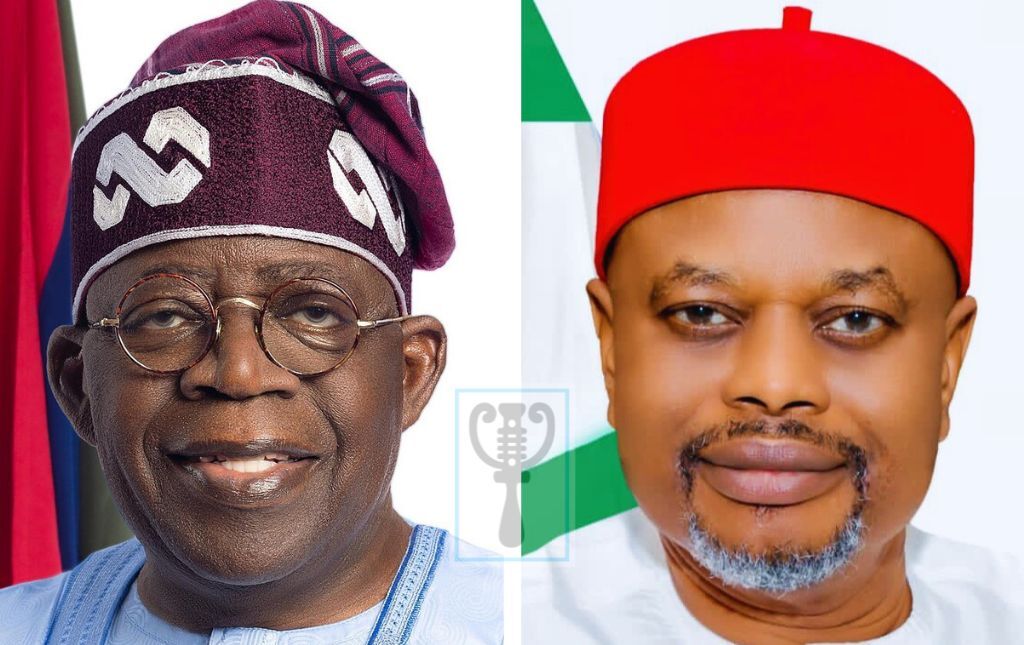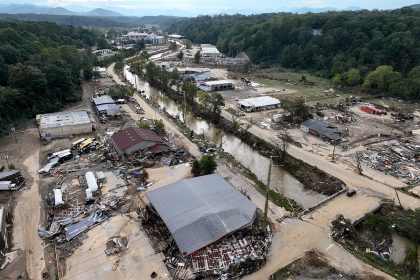Minister of Innovation, Science and Technology, Uche Geoffrey Nnaji, has noted several advancements under President Bola Tinubu’s administration, describing the past two years as a period of science-led and innovation-driven development.
In a statement signed by his Senior Special Adviser (Administration), Dr Robert Ngwu, the Minister detailed progress in sectors including clean energy, digital technology, healthcare, security, agriculture, and employment.
One of the key projects is the Renewed Hope Solarisation Project, which plans to install 2MW solar hybrid power systems in federal universities and teaching hospitals across all 36 states and the Federal Capital Territory. \
According to Nnaji, the project aims to provide stable and environmentally friendly electricity to institutions that have long faced unreliable power and high utility costs. He called this “a beacon of hope and a foundation for nationwide expansion.”
Another initiative, the Sustainable Energy Access Project (SEAP), is designed to bring clean energy and cooking solutions to Nigeria’s 774 local government areas. The project is expected to create nearly one million jobs, focusing particularly on youth, women, and local artisans, in line with the government’s inclusive development goals.
On the technological front, the government has approved the launch of four new satellites — NigeriaSat-3, Sat-4, Sat-5, and NigeriaSAR-1 — through the National Space Research and Development Agency (NASRDA). These satellites are intended to improve border surveillance, national security, agriculture, disaster management, and land administration.
The ministry has also introduced Nigeria’s first Cleantech Innovation Policy to accelerate industrial transformation and promote climate resilience while diversifying the economy. The policy, supported by international partners, aims to generate over half a million jobs directly and indirectly in areas such as agritech, renewable energy, smart manufacturing, and the circular economy. Special measures have been put in place to empower women, youth, and persons with disabilities through targeted funding, training programs, and mentorship.
To reduce Nigeria’s reliance on raw material exports and imported finished products, the Ministry, through the Raw Materials Research and Development Council (RMRDC), has proposed a draft 30% Minimum Value-Addition Bill. If enacted, the law would require at least 30 per cent local value addition to raw materials before export or industrial use, with the goal of boosting domestic manufacturing, employment, and export competitiveness.
The ministry is also focusing on the cassava value chain by promoting mechanised and semi-automated processing to reduce post-harvest losses and raise rural incomes. Efforts include expanding industrial use of high-grade cassava starch (HGCS) in sectors such as food and beverage, pharmaceuticals, chemicals, personal care products, and animal feed.
A €7.9 billion Green and Blue Methanol Industrial Complex is in development to support Nigeria’s decarbonisation and promote low-carbon fuels within the blue economy.
In health innovation, Nigeria has made strides with the development and field-testing of its first Artemisinin Extraction Plant, which extracts the active pharmaceutical ingredient from locally grown Artemisia annua. This advancement could impact malaria treatment significantly.
The upcoming National Research and Innovation Fund (NRIF) is expected to support over 1,000 patent applications each year, providing resources for Nigerian scientists to commercialise their inventions.
President Tinubu has established an Inter-Ministerial Innovation Committee, chaired by the Vice President, to coordinate innovation and job creation efforts across ministries. This committee, supported by the National Bureau of Statistics, will monitor job creation, emissions, and gender participation through real-time data dashboards.
Nigeria’s international partnerships have also grown under the current administration, with new agreements signed with organisations such as the United Nations Development Programme (UNDP), UNESCO, the Commonwealth Secretariat, and the African Development Bank to strengthen the innovation ecosystem.
Summarising the administration’s achievements, Minister Nnaji said, “From satellite skies to solar campuses, and from mechanised farms to biotech labs—Nigeria is rising, and it is powered by innovation.”




